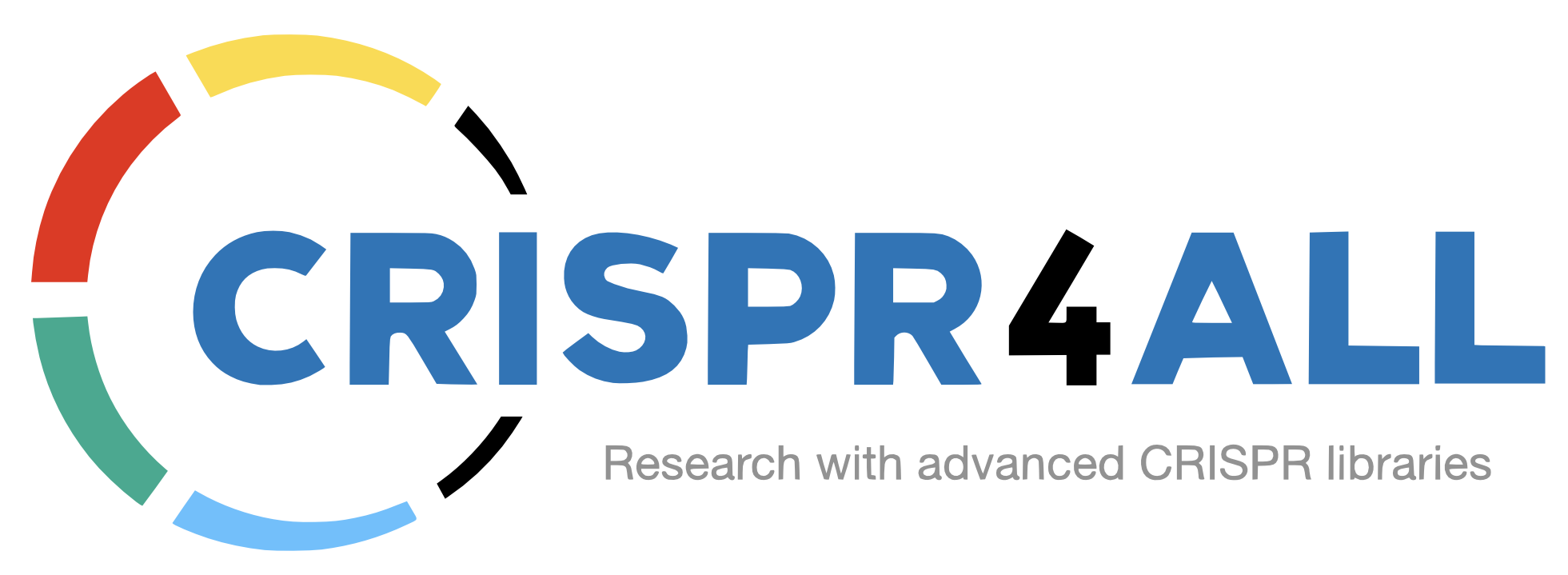
Phenotypic CRISPR screens are instrumental many fundamental biological phenomena, and arrayed CRISPR libraries extend the screening territory to cell-nonautonomous, biochemical and morphological phenotypes. We have recently completed the generation of two human genome wide arrayed plasmid libraries termed “T.spiezzo” (gene ablation, 19,936 plasmids) and “T.gonfio” (gene activation and epigenetic silencing, 22,442 plasmids). The libraries and the related methodologies are described in our paper on Nature Biomedical Engineering . These tools allow for the individual manipulation of every human gene, are broadly applicable to all human biology, and are attracting strong interest from biological and medical researchers worldwide. However, while these plasmid collections are suitable to studying immortalized transfectable cell lines, their most transformative utilization involves primary human cells and human induced pluripotent stem cells, which require that plasmid libraries be repackaged into lentiviral vectors. With CRISPR4ALL we enable the access of the global research community to these toolsets and to the research data generated therefrom by 1) generating lentiviruses from our library plasmids and providing them to the research community; 2) by providing practical training, protocols and standards to interested users, and 3) by creating a community of users adopting robust FAIR-compliant computational tools for collaborative research and data sharing.
Access to resources
The CRISPR4ALL program has been concluded, and projects are no longer funded through this program. However, reagents, such as plasmids and lentiviral vectors from the T.gonfio and T.spiezzo libraries, and screening services can be obtained through our core facility.
https://www.crisprhub.uzh.ch/en.html
Please contact: Simone Hornemann, simonealexandra.hornemann@uzh.ch